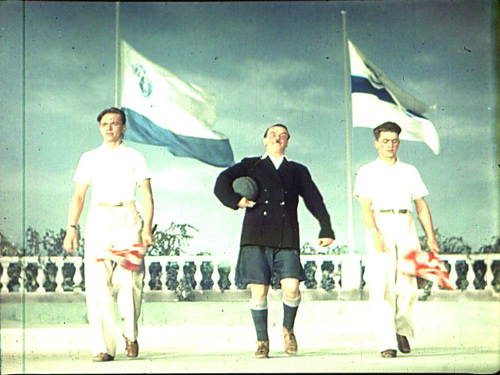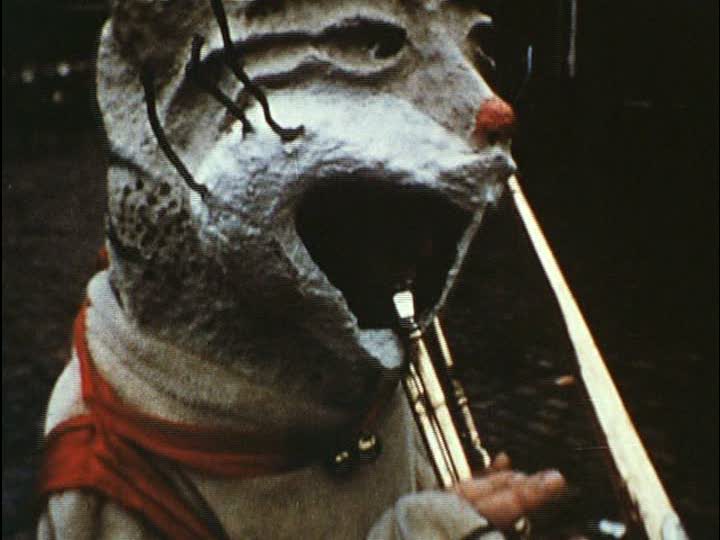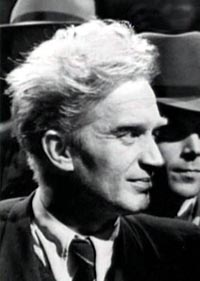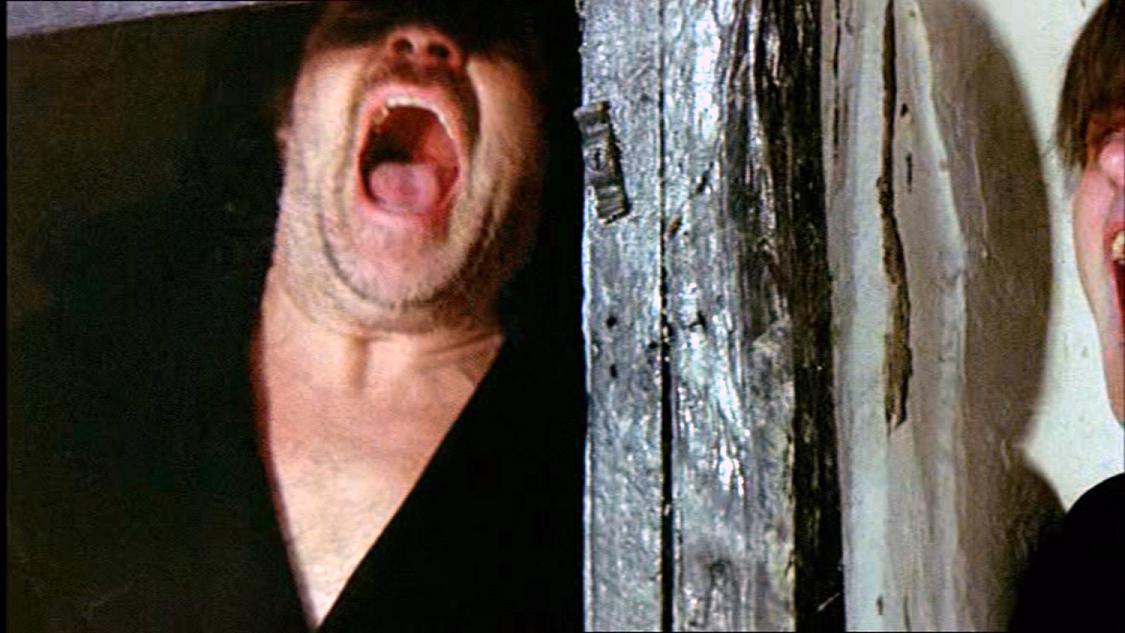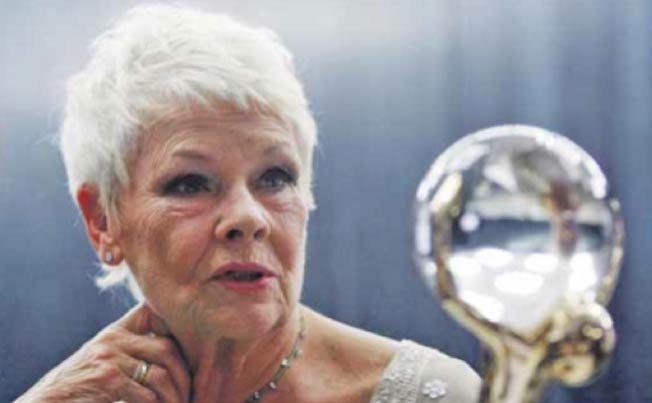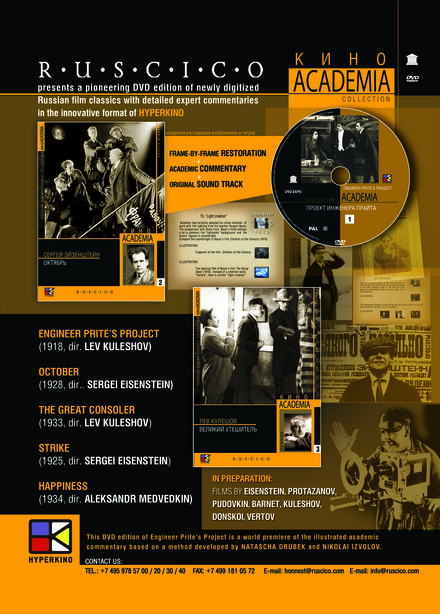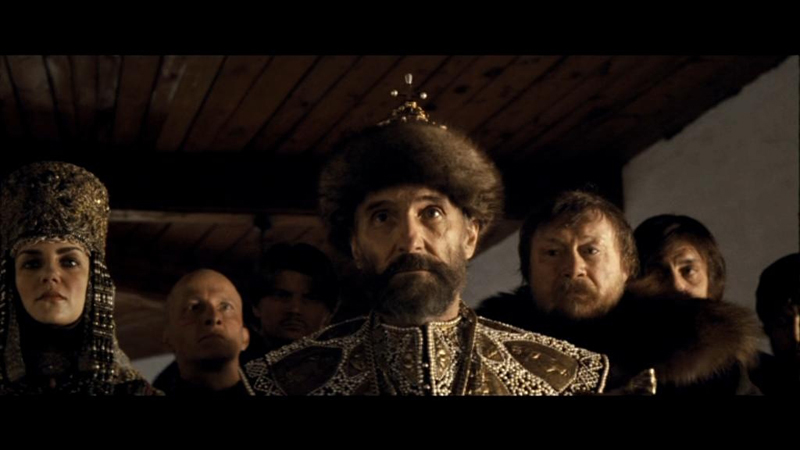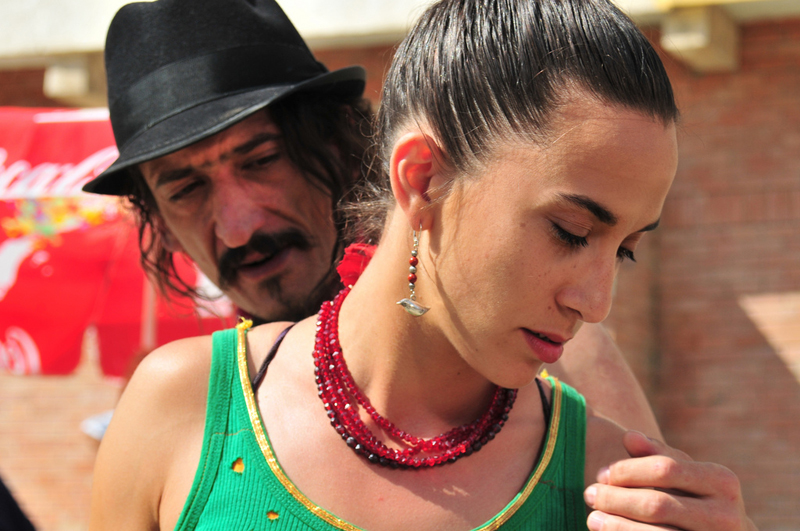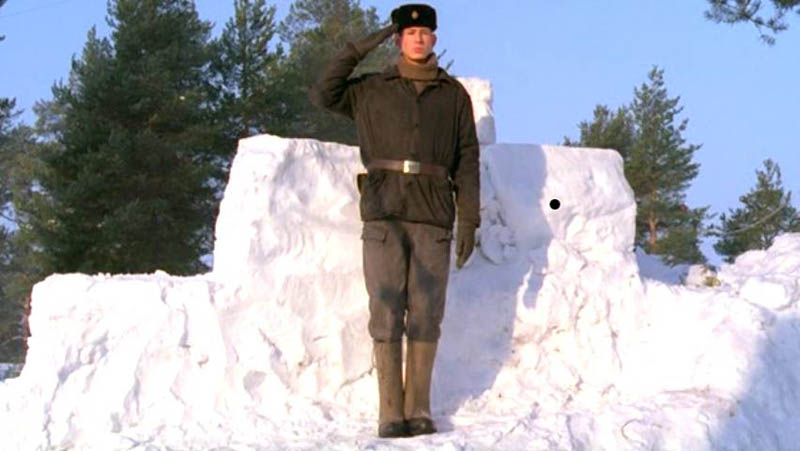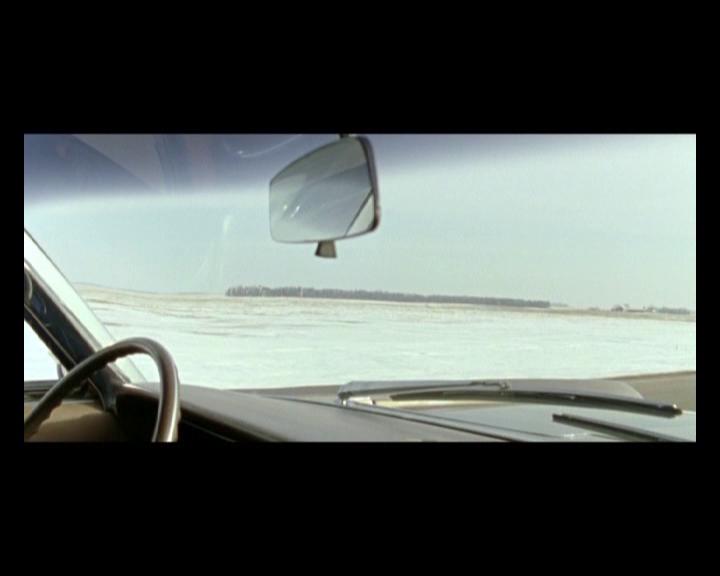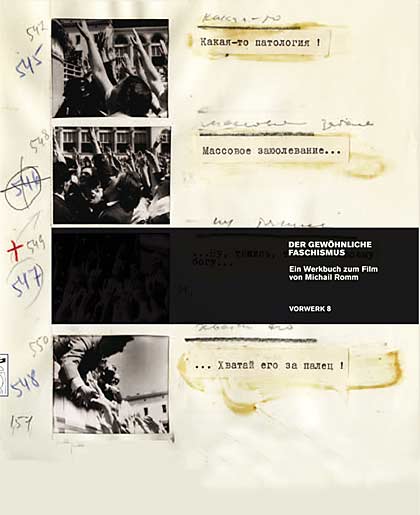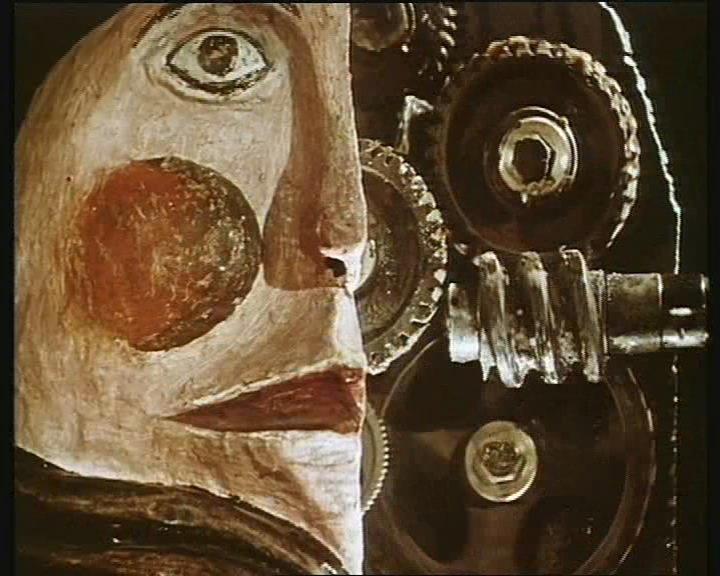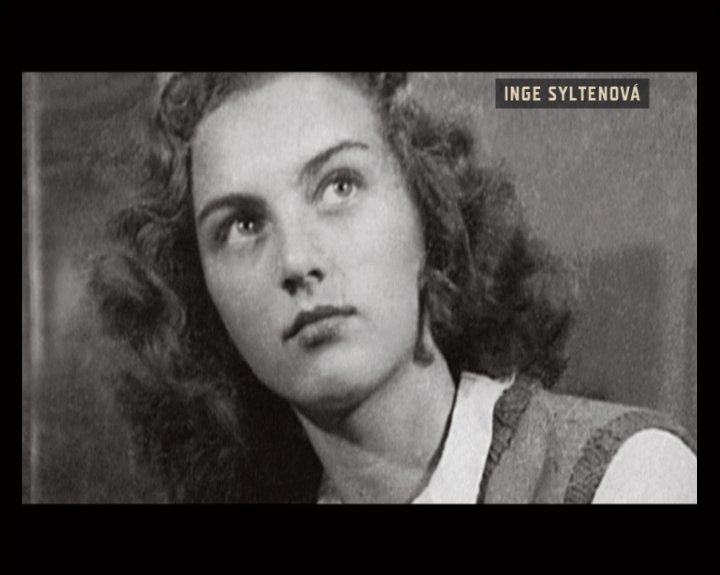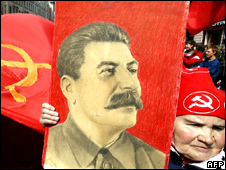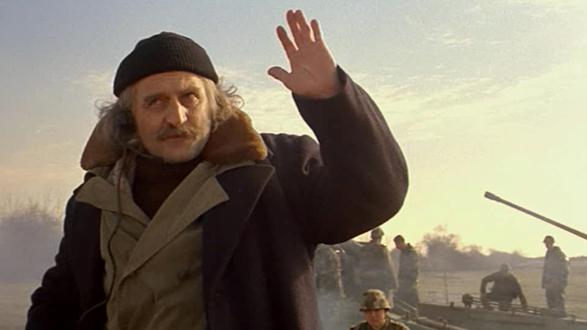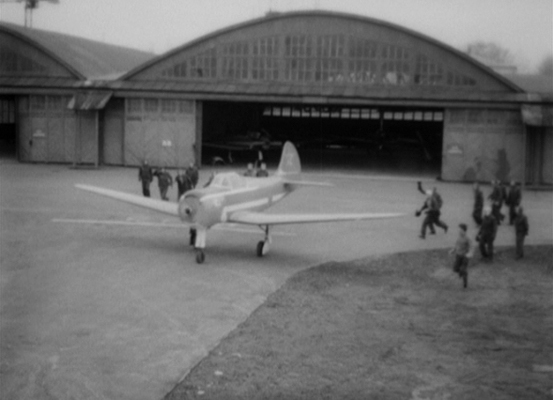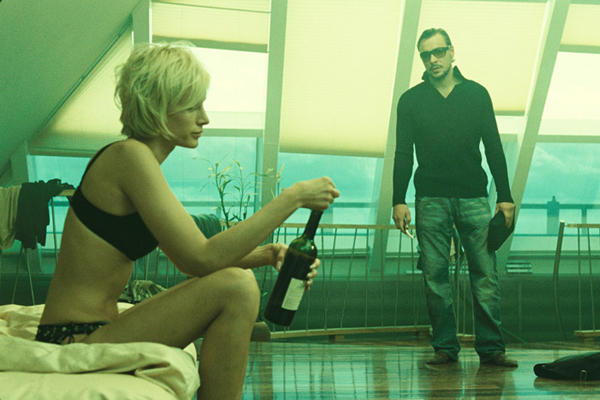60th Belgrade Documentary and Short Film Festival
APRIL 2-6, 2013. BELGRADE YOUTH CENTER AND OTHER VENUES.
April 2013 marked the 60th year of the Belgrade Documentary and Short Film Festival, which places it among the oldest film festivals of any type in Europe. In light of this unique position within the international film festival landscape, it seems that an investigation into the history of the Belgrade Festival, or “Kratki metar,” and its connection with the unpredictable political winds in the former Socialist Yugoslavia (now post-socialist Serbia) would be a welcome addition to the annals of general film culture.
Towards that, a young researcher named Dunja Jelenkovi? has … Read more

